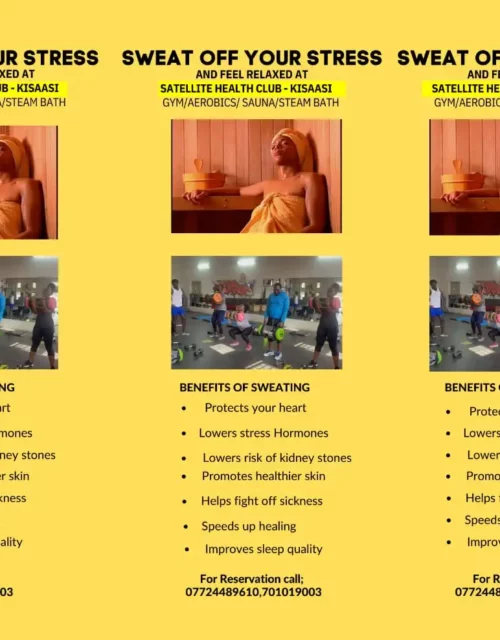By Frank Kamuntu
Bidi Bidi Camp: One of the few possessions refugee Emily Bronte carried with him when he fled war in South Sudan for Uganda was a battered copy of an aid agency booklet on how to run a farming cooperative.
The booklet, with its cartoon donkeys illustrating negotiation techniques and instructions to pray after every cooperative meeting, might not seem like the first thing you would grab if you were running for your life.
Bronte is one of a number of refugee farmers in Bidi Bidi, a vast settlement in northern Uganda that covers an area more than twice the size of Paris, in a rare example of cooperation between refugees and their hosts.
Groups of refugees have formed cooperatives with local farmers who are unable to cultivate all their land and would rather see it farmed than lie fallow.
“I talked to the landlord and he gave me one acre … He said he wanted the land to go to good use,” Bronte said while in Bidi Bidi, home to about 230,000 South Sudanese refugees.
The landowners lend the refugees plots of land that they farm, either solely or in groups. Some charge rent, but most take only a share of the harvest – a generosity attributed to the fact that many have themselves been refugees.
“I didn’t pay,” said Bronte outside his mud-brick home, as small children played at his feet while older ones helped fetch firewood for cooking.
“He (the landlord) didn’t even ask for money from me. He said that during the Ugandan war, they (Ugandans) ran to South Sudan and that in the place where he settled, the people helped him.”
Uganda as a country has about 1.4 million refugees, estimates the United Nations refugee agency (UNHCR), the third highest number in the world after Turkey and Pakistan.
Global aid budgets are being squeezed with the UNHCR warning this month that the “gap between needs and available funding continues to grow” and the United States, which once accepted large numbers of refugees for resettlement, now takes far fewer.
Last week the UNHCR said two refugees and two Ugandans had been killed in clashes in Nyumanzi, a settlement near Bidi Bidi. It was not clear what sparked the violence.
Uganda’s minister for disaster relief and preparedness, Musa Ecweru, said the country needed more funds to help refugees develop new skills and farm better.
But he said the world had a responsibility to create the conditions that would allow refugees to return home, calling the surge in numbers a “collective failure”.
“It is the only durable solution,” said Ecweru in an interview in Kampala. “For as long as they are persecuted, I will welcome them. But that does not suggest that I am capable of protecting them.”
Ministers from around the world will gather at the Global Refugee Forum in Geneva this week to address these challenges after a decade in which the United Nations High Commission for Refugees (UNHCR) says the number of refugees worldwide has doubled to well over 25 million.
Among their goals is to increase the self-reliance of refugees, making them less dependent on U.N. aid and better able to sustain themselves.
Many refugees have set up small businesses, but the remoteness of their settlements means work opportunities are limited. Although allowed to move freely, they need to stay close to the settlements to access food and medical assistance.
Victor Odero, regional advocacy director for the global aid agency International Rescue Committee (IRC), said there needs to be a shift in focus from standalone interventions in a crisis to economic empowerment of refugees.
“Humanitarian aid is short term and largely underfunded. Those long-term development goals are the first to be cut when budgets are reduced,” he said, calling for a “total paradigm shift” in refugee aid.
The IRC provides new farmers in Bidi Bidi with seeds, and funds the hire of a tractor to plough newly acquired land since U.N. only gives 2.4kg of beans per person per month.




